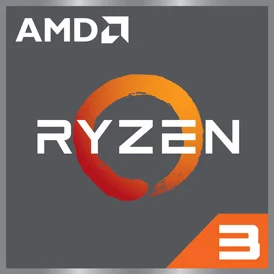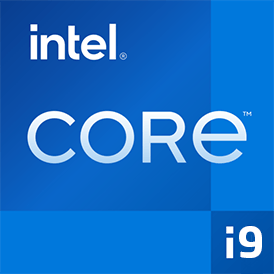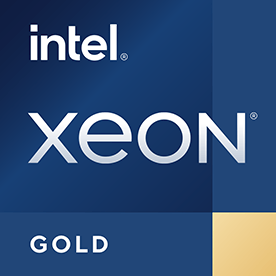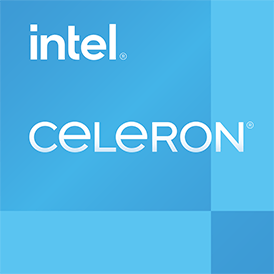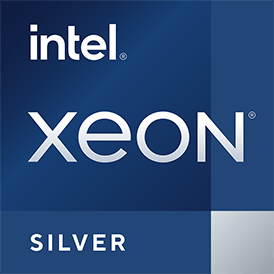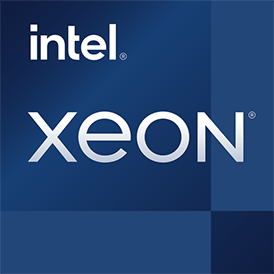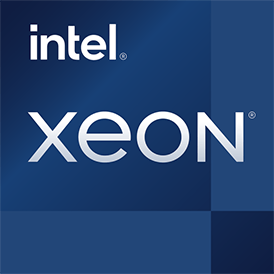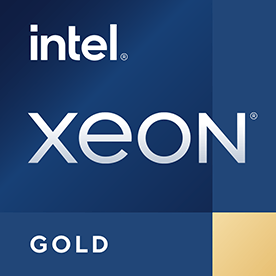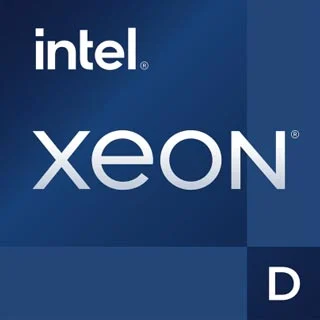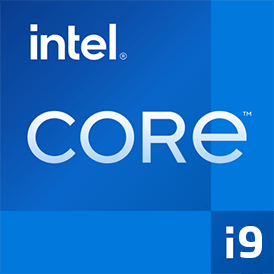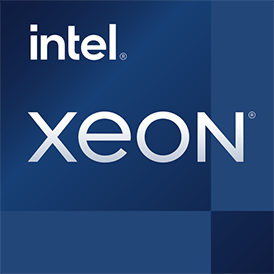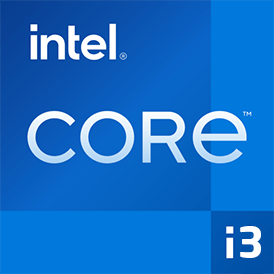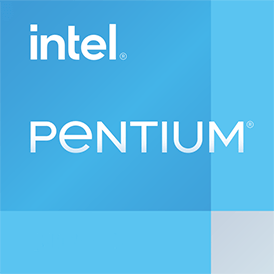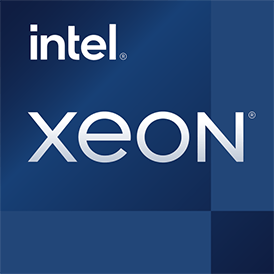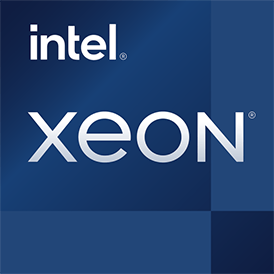Comparison of MSI Radeon VII 16G video card vs GIGABYTE AORUS Radeon RX 6900 XT Master 16G (rev. 2.0) video card by specs and benchmarks. MSI Radeon VII 16G runs at 1.400 GHz base clock speed and has 16 GB of HBM2 memory, while video card GIGABYTE AORUS Radeon RX 6900 XT Master 16G (rev. 2.0) runs at 1.400 GHz base clock speed and has 16 GB of GDDR6 memory. The weight is different, 1280 g vs --. The TDP of the first video card is 300 W, and the second is 300 W . Compare the benchmark results to find out which video card is better.


 Russian
Russian  Germany
Germany  Portuguese
Portuguese  Italian
Italian  French
French  Japan
Japan  Spanish
Spanish  Polish
Polish  Chinese
Chinese 

